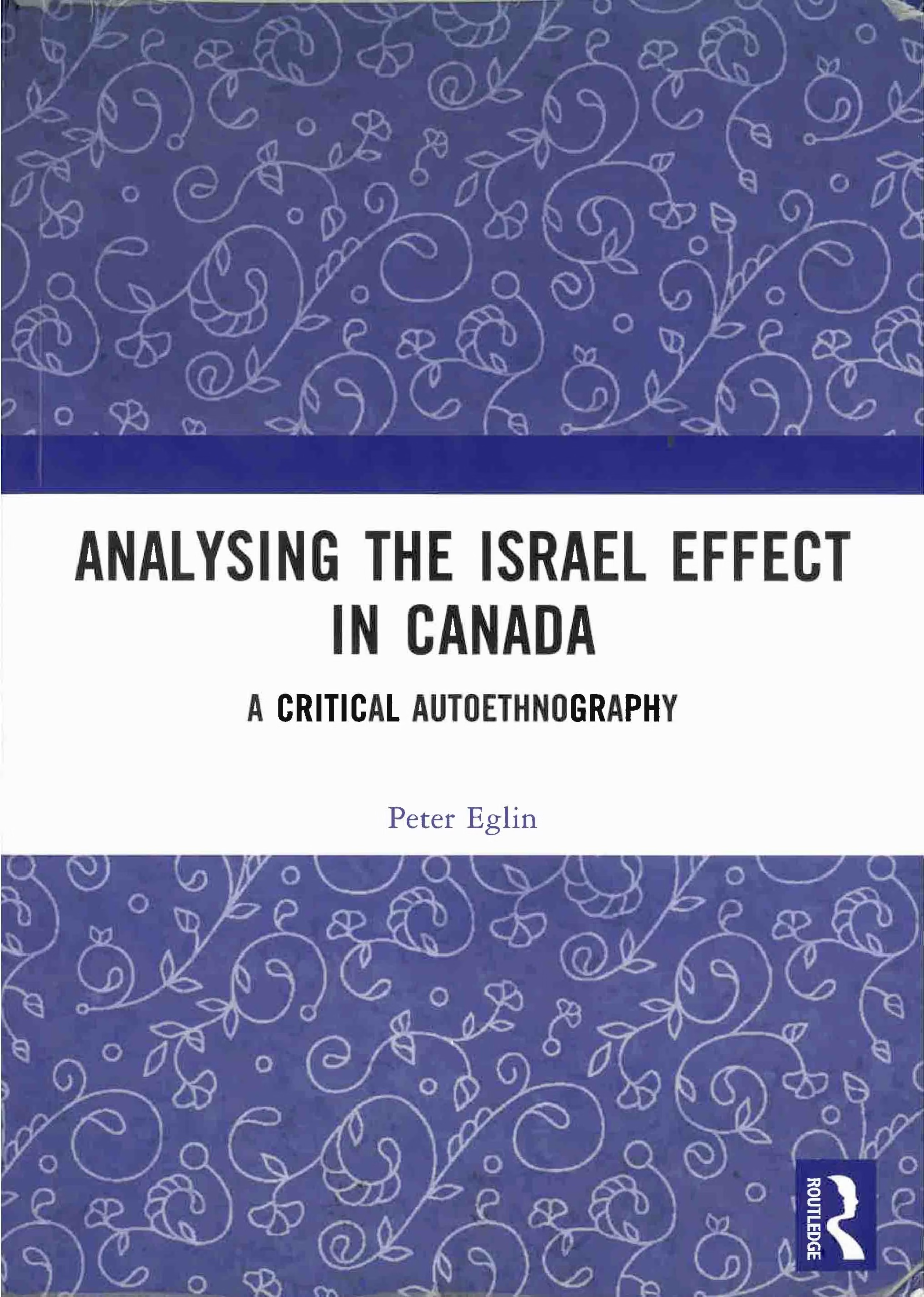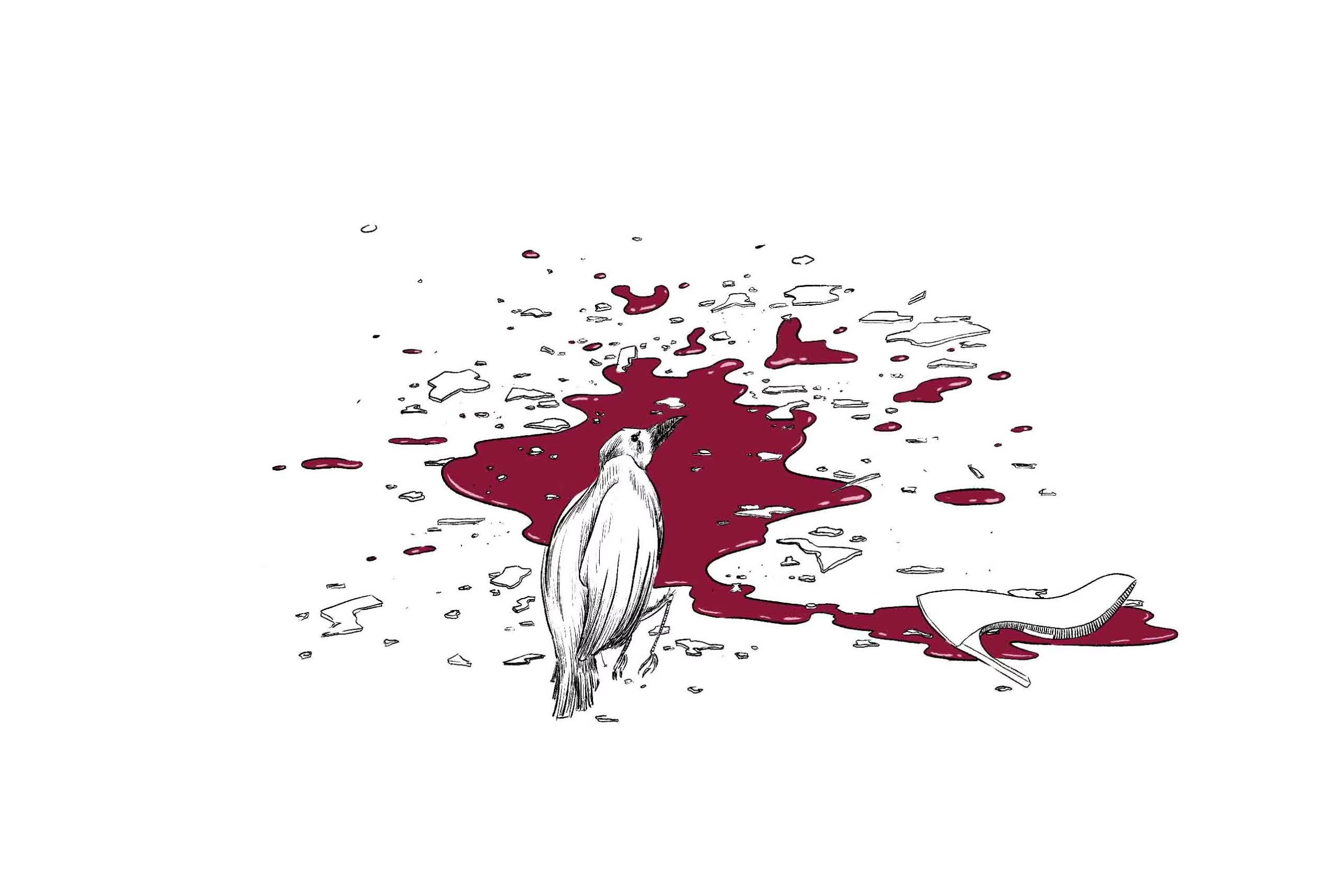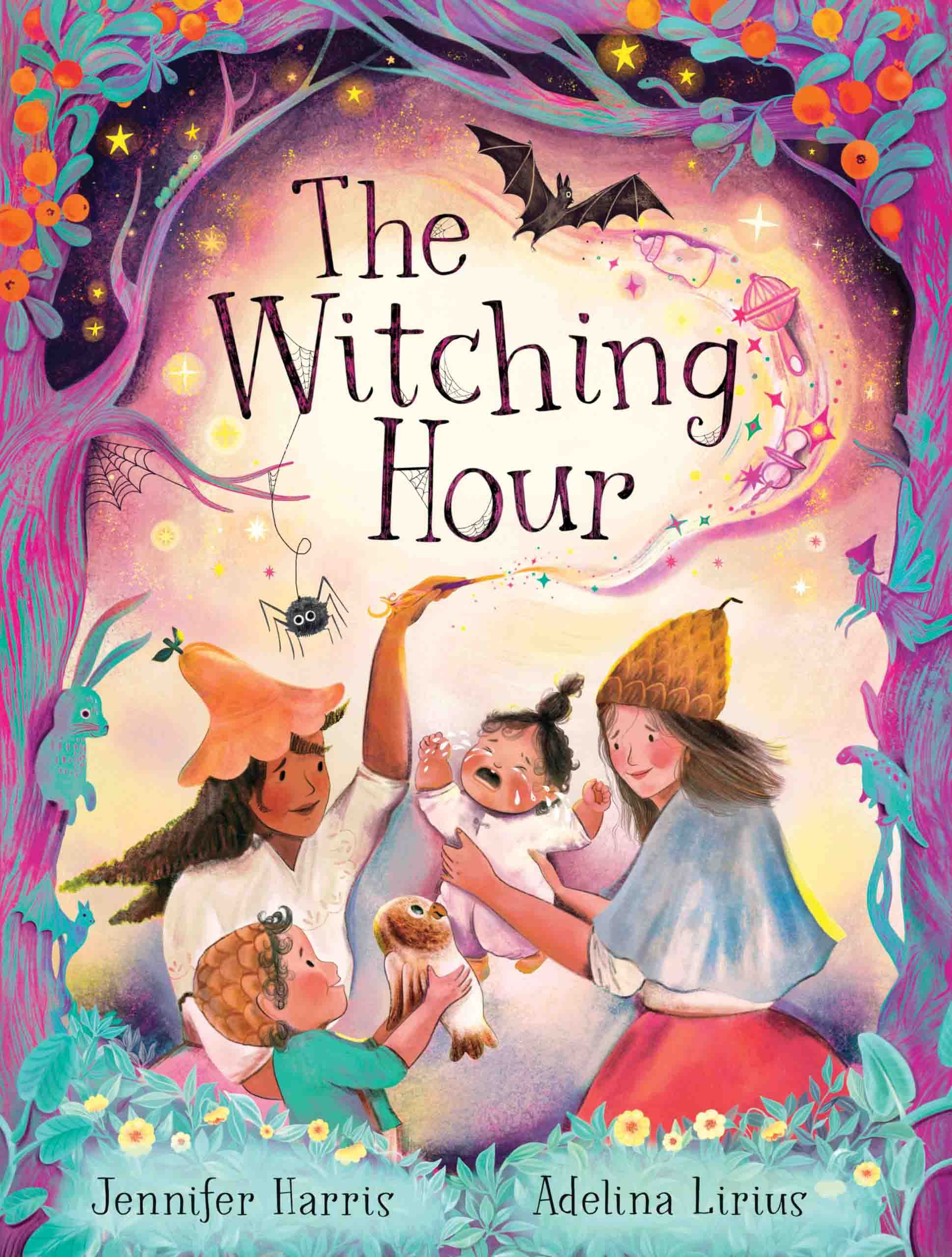Peter Eglin, Professor Emeritus of Sociology at Wilfrid Laurier University, released his critical autoethnography Analysing the Israel Effect in Canada in 2024. Eglin analyzes the organizational methods which public criticism of Israel’s oppression of the Palestinian people is silenced in Canada. This is explained over the course of ten episodes in the life of the author over a 30 year period, from 1990 to 2020 through his interactions with Canadian news media.
The Israel Effect is analyzed as a three-tier propaganda industry. Tier one is Israel’s lobby groups around the world, tier two is the role of universities and news media, and tier three is the non-Jewish, non-Zionists onlookers and institutions. Analysing the Israel Effect in Canada exists in the third tier as it is written by someone who is non-Jewish and non-Zionist.
As a sociological work, it analyses and documents the different organized methods by which public criticism to Israel’s oppression towards Palestinians is silenced in Canada.
Poignant and heart-wrenching at every turn, it is a crossover between an academic standpoint and journalistic exposé.
In the chapter “Photo Propaganda” Eglin explores the role news media plays in suppressing Palestinian voices and promoting Israel’s interests.
For example, looking at the Globe and Mail’s coverage of Palestinian victims: “What is most striking in the photographic depiction of victims of terror by The Globe and Mail, however, is the quite different use made of, and treatment accorded to, relatives, friends, co-workers and other associates of persons who have been killed or injured by terrorist violence, depending on whether the victims are Palestinian Arabs or Israeli Jews,” the book states.
Eglin consistently reminds readers that the book is not about Israel and Palestine, it is about Canadian society and how it reacts to Israel’s oppression. Readers explore different vignettes arranged in chronological order to display a horror story of institutional censorship.
Eglin, and in turn the reader, questions why the Canadian government does not enforce the human rights laws that would protect the Palestinian people. He emphasizes the importance of exposing ties to Israel in the government and corporations, and why people should continue to speak truth to power.
Eglin remains an unflinching narrator throughout the book, not afraid to call out institutions that try to suppress his work. In the chapter “Circling the Wagons”, Eglin reacts to the National News Council not publishing his criticism of Israel. He tells his story through damning emails back and forth between Eglin and a representative from the council.
For anyone who wants to understand the genocide in Palestine as it exists in the context of Canadian society, this book is a highly important read. The work is a compelling testament to the importance of preserving freedom of expression and the vital role academics play in challenging systemic injustice. It is an ideal book for historians, activists and scholars of politics.




Leave a Reply